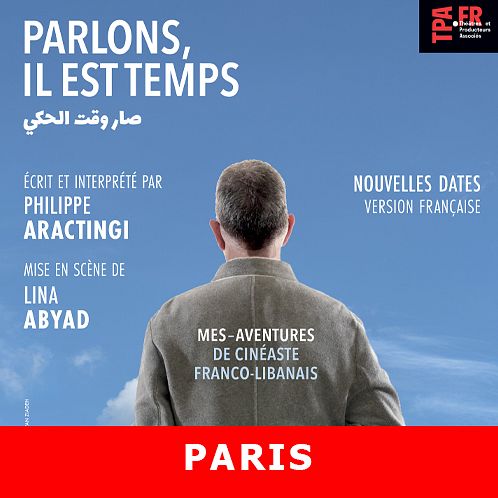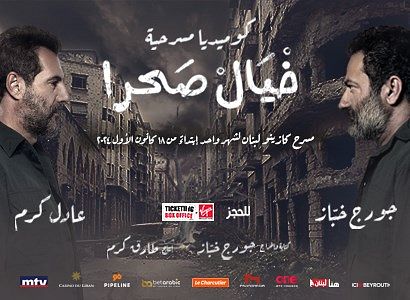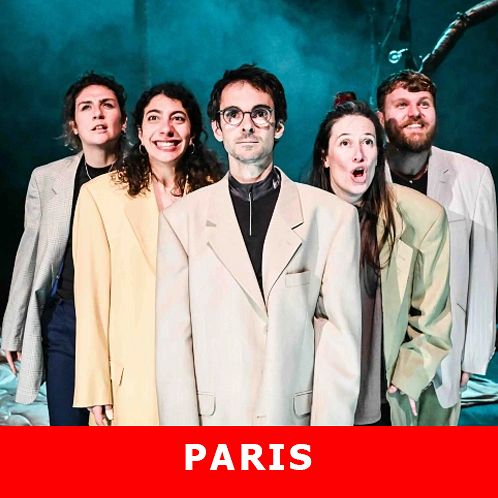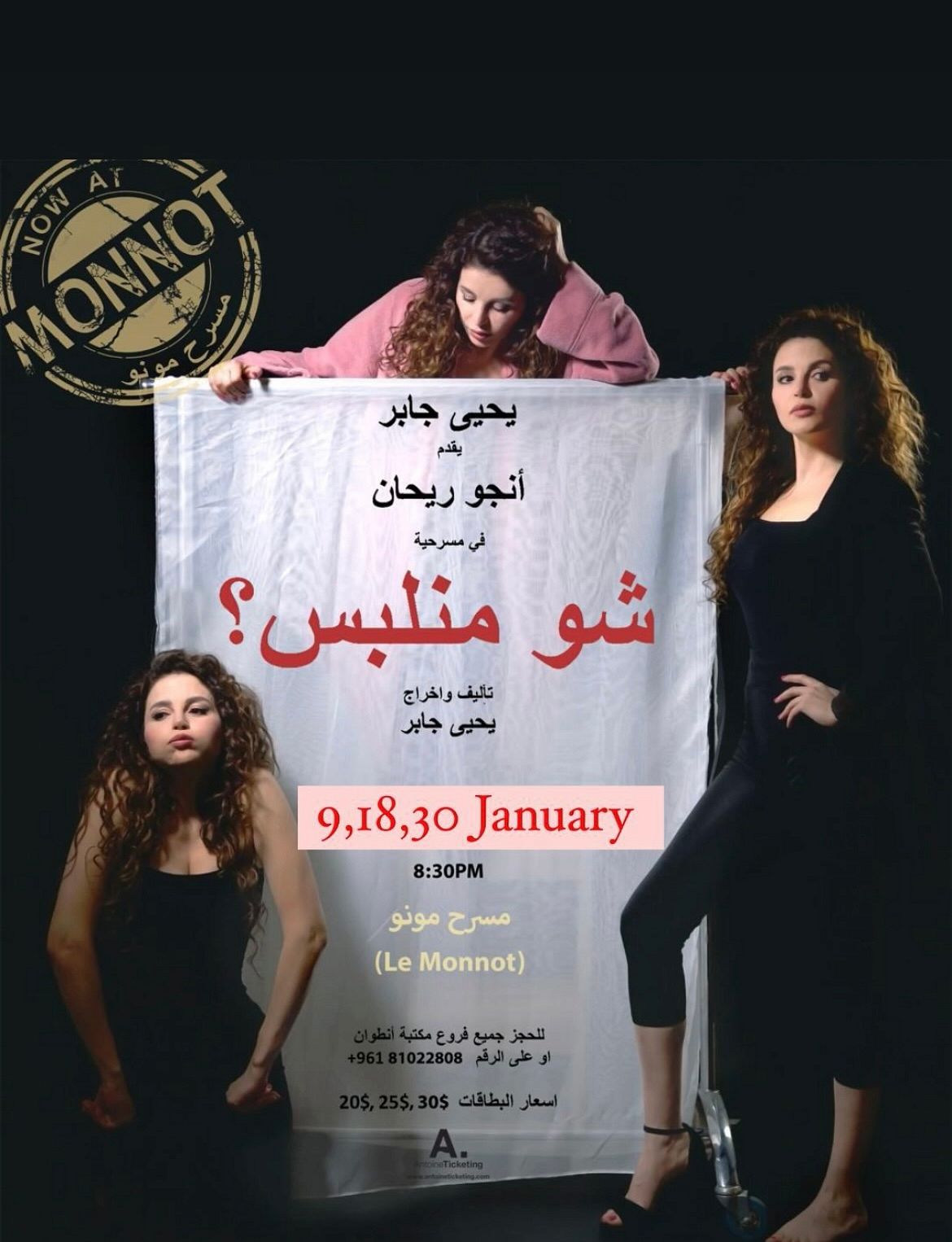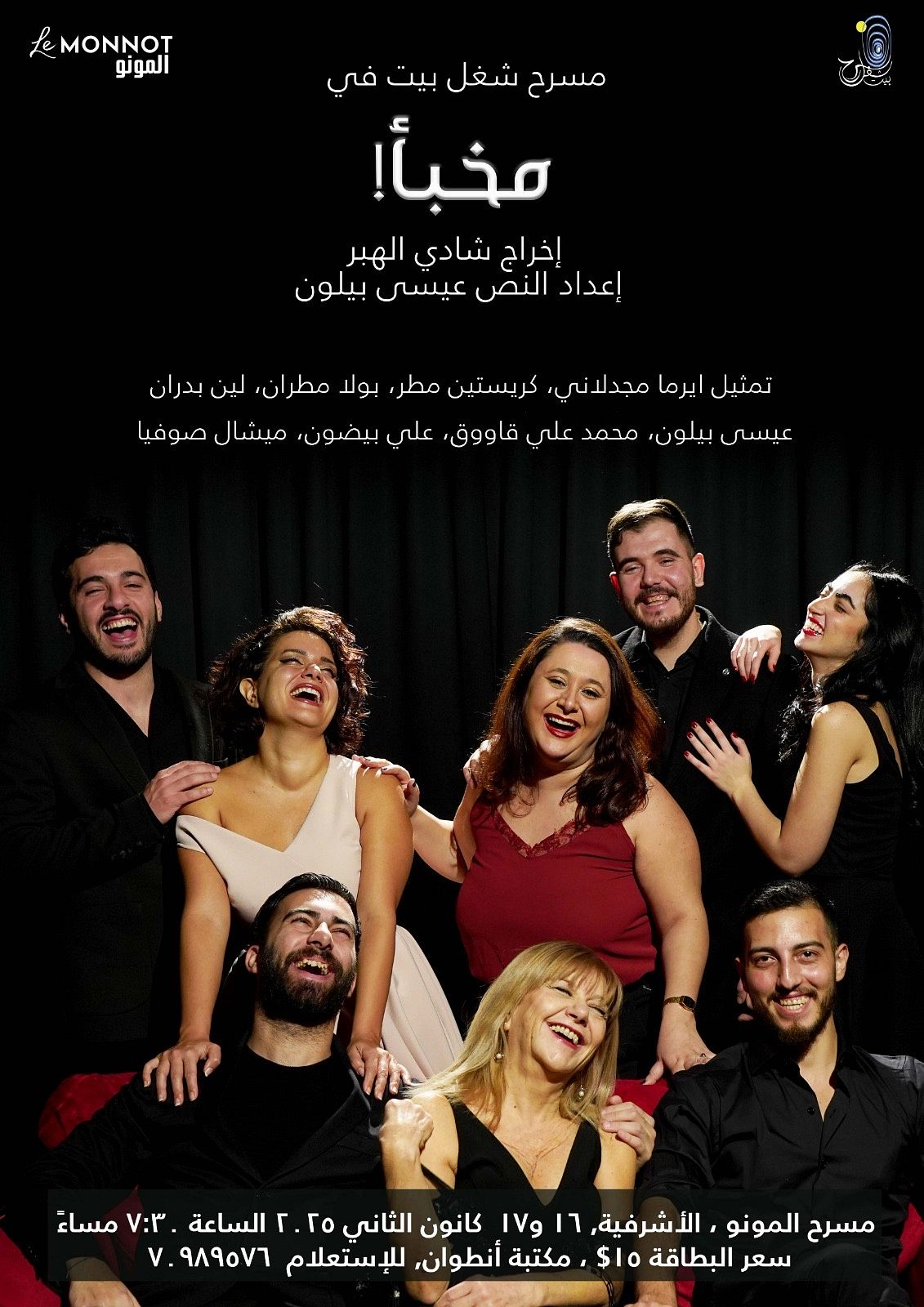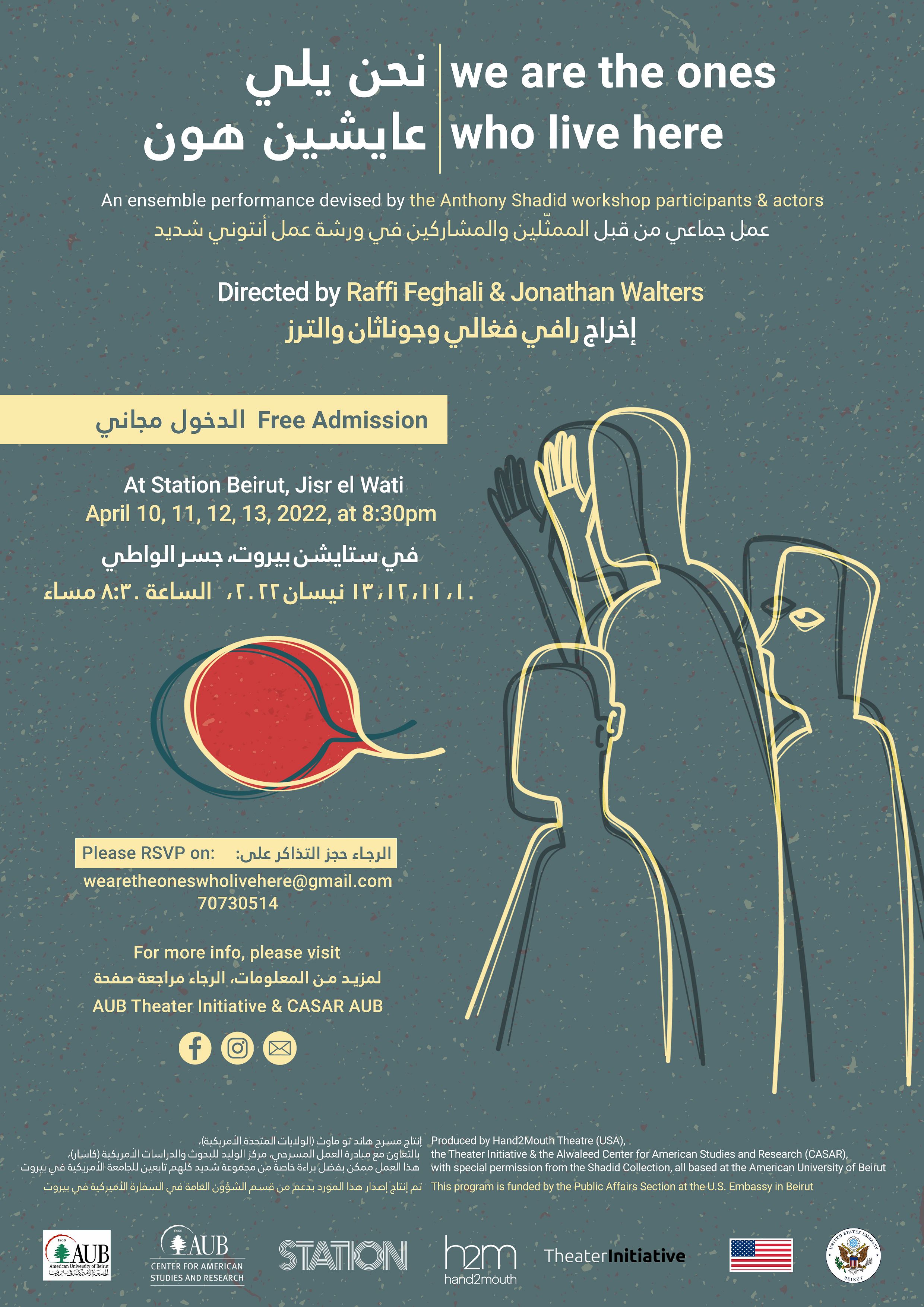
We Are the Ones Who Live Here
ScènesDu 10/04/2022 à 20:30 jusqu'au 13/04/2022 à 20:30
“One thing I’ve tried to do in covering the Arab world is never tell someone they’re wrong. Instead, I’ve tried to listen and to understand.”
These are the words Anthony Shadid wrote as a 34-year old reporter born in Oklahoma City who would go on to become the first Arab-American to win the Pulitzer Prize in International reporting, earning a second reporting for the New York Times in 2010. Two years after that, reporting on the war in Syria, he would die crossing the border to Turkey on horseback from a fatal allergic reaction.
Inspired by the writing, worldview and legacy of Anthony Shadid, and the archive of his life, a group of US based theater, audio and writing artists have teamed up with acclaimed Lebanese performing artists to create a brand-new work of live theater called ‘We are the Ones Who Live Here’. The show will run for four nights, free of charge at Station Beirut, a leading contemporary art venue.
This new theater work is gathered from a recent workshop with 26 young residents of Lebanon carried out at the American University of Beirut. The young creatives interviewed friends, family and community members to capture a moment of time in Lebanon through the real lives and thoughts and ideas of all those who wanted to tell their story.
Inspired by the spirit of Anthony Shadid, these young workshop participants worked over several weeks to define what and who is the most unheralded and hidden stories in their society, and then arranged to befriend and interview those people.
The young creatives themselves are from all walks of life; recent immigrants, international students from across the world, different Arab countries, and different regions of Lebanon.
These stories have been combined into a creative, playful and potent mix of storytelling, theatre, music and play to share for one weekend the idea that Anthony Shadid shared during his career; we are here to listen and understand. The show runs approximately one hour, and is performed in the languages of those interviewed (primarily Arabic) and overflows with contemporary theatrical style and approachability.
LieuStation
ÉVÉNEMENTS SIMILAIRES
